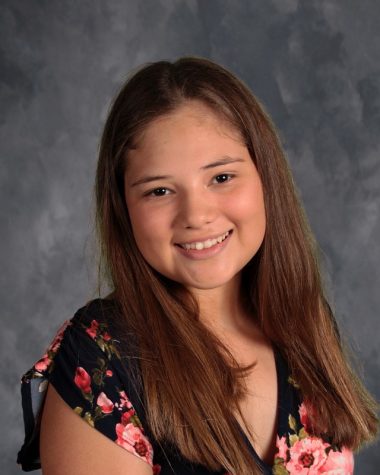SBHC offers help for those struggling with mental illness
October 11, 2018
Due to One World’s Student Based Health Center (SBHC), receiving help for both mental and medical issues has never been easier as students are able to be treated and screened for both types of problems in one appointment. This new model of providing medical and mental help simultaneously is called integrated primary care.
Benefits of the model, as well as the convenience of a clinic inside the school, includes students and parents not having to leave school or work for an appointment.
In order to learn more about their patients, the SBHC provides freshmen who are One World patients, as well as anyone with parental consent, with their Rapid Assessment of Adolescent Preventable Services (RAAPS) surveys. These surveys ask questions ranging from whether or not someone uses a helmet to alcohol and drug usage. While the questions may feel personal, they are completely confidential and are used for the purpose of diagnosing, helping and learning about students.
“We are not teachers, principals, parents or cops- we’re doctors,” behavioral health provider James Connelly said. “You can tell us anything. We’re not going to judge you, tell anybody. We just want to make sure you know how to be safe.”
Forty-five percent of last year’s students who were screened showed signs pointing to a mental health diagnosis. This percentage is a high number compared to other schools.
The school has had a negative history in the nation, since the 1980s when it was labeled as “Suicide High” during a week period when three students committed suicide. The story grew so big that the New York Times even ran an article on it. In order to positively change the school’s image, the SBHC is taking action to become known for helping and treating those with mental illness.
The SBHC’s purpose is to educate and provide both help for students and their families regarding both medical and mental issues. The screening is completely free, and anyone who gets screened meets with the behavioral therapist afterwards. If further treatment is necessary and the student and their family does not have insurance, the SBHC will help families apply for Medicaid.
On Tuesdays from 1 p.m. to 4 p.m., Alexandra Oritiz is there for Medicaid Outreach in order to help families apply for the program as well as to provide information.
No one has ever been turned away for treatment because of their lack of insurance. Although a rare case, the SBHC did provide free treatment for a student and her family who did not qualify for insurance.
As well as making sure everyone has access to treatment, the SBHC also provides resources in the social work and public health department. If students indicate on the RAAPS that they may not have access to basic needs like water, electricity or food, the SBHC helps to provide them or connect them with organizations who can help them.
“It’s always going to sting you if a kid doesn’t have food,” Connelly said. “We’re trying to see if we can meet as many needs as possible. We know that Bryan High has resources that deal with the electric or water company and can help a family out. It might only be a month or so at a time, but that’s a really big deal.”
Appointments are flexible, and students can receive passes to see the behavioral therapist during the school day. Sessions tend to last 20 to 30 minutes and students usually stay in therapy an average of 2-3 months, although they do work based on what each student’s needs. The program can be used as a replacement for a regular health clinic or as an add on.
“We take our time with our patients,” adolescent wellness navigator Daisy Sanchez said. “We’re gonna take the time that is necessary to see you.”
The program is completely inclusive and LGBT friendly. Confidentiality is a priority.
“I’d go to jail before I’d tell their secrets,” Connelly said. “If a judge ordered me that I had to absolutely say something that I told them I didn’t have to say, then I’ll go to jail before I have to give that.”
The SBHC is committed to providing quality care and being the pilot in the cause to educate and treat both mental and medical issues as well as ensuring all students get the care that they need without fear of judgement.

